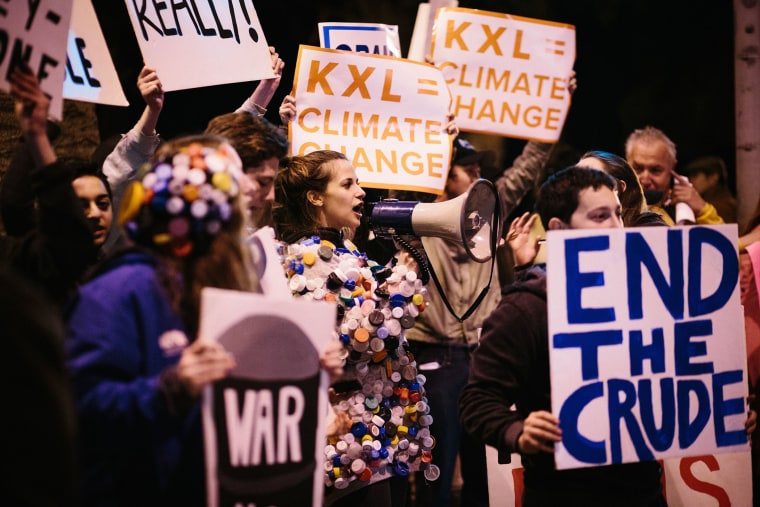An attempt by environmental activists to cast doubt on the State Department's Keystone XL approval procedure hit a dead end on Wednesday, when the department's inspector general rejected claims of an internal conflict of interest violation.
Opponents of the proposed pipeline expansion had claimed that Environmental Resources Management (ERM), a consulting firm hired by the State Department to review the environmental impact of the project, had a conflict of interest which violated department guidelines. The firm has extensive ties with various energy companies and industry groups, a fact which groups like the Sierra Club seized on in order to cast doubt on the legitimacy of the contractor's findings. ERM helped to prepare last month's State Department report on the environmental impact of the pipeline expansion, finding it to be minimal.
Wednesday's report [PDF] from the State Department Office of the Inspector General rejected the "concerns raised about ERM's alleged lack of objectivity" and found that the State Department's "conflict of interest review was effective and that the review's conclusions were reasonable."
To environmental groups, the inspector general's report fell far short of a full acquittal.
“Far from exonerating the State Department of wrongdoing, the Inspector General report simply concludes that such dirty dealings are business as usual,” said 350.org Policy Director Jason Kowalski in a statement. “While allowing a member of the American Petroleum Institute to review a tar sands oil pipeline may technically be legal, it’s by no means responsible. Secretary Kerry and President Obama can let their climate legacies be tarred by this dirty process or they can do the right thing and reject the Keystone XL pipeline once and for all.”
It now falls to Kerry and Obama to make the final decision on whether the pipeline expansion can move forward. While the administration—and Kerry in particular—have been sounding an increasingly urgent note on climate change, it is unclear how they will ultimately rule.
Meanwhile, Keystone opponents in Washington are still stalling for time. Shortly before the inspector general's report came out, Senate environment committee chair Barbara Boxer, D-Cal., and fellow committee member Sheldon Whitehouse, D-R.I., co-authored an open letter to Kerry [PDF] in which they requested "an immediate and comprehensive study on the human health impacts of tar sands and the proposed pipeline."
"We believe that putting more Americans at risk for asthma, cancer, and other serious health impacts is not in our national interest," wrote Boxer and Whitehouse.
